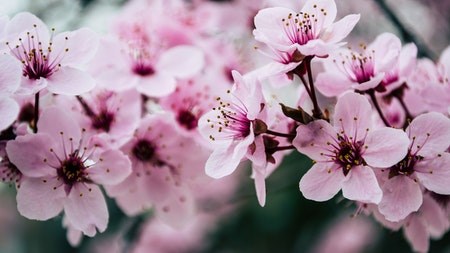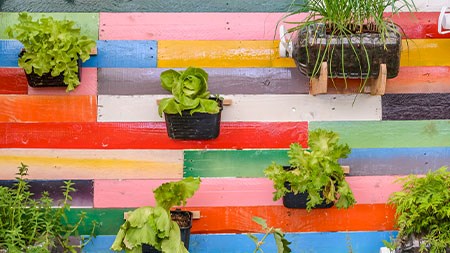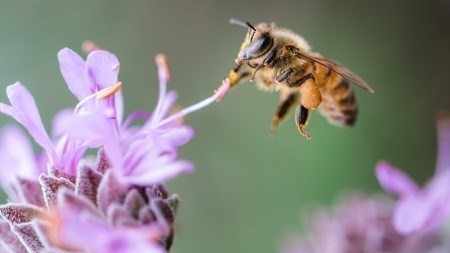Gardening can be a fulfilling hobby and a good way to destress. It takes a great deal of patience to grow plants and tend to a garden, which is why it can be quite frustrating to have all your hard work wilt right before your eyes. Knowing how to take care of your garden between seasons is a great way to prevent your plants from dying and to make sure that your garden stays kempt.
Here are 5 tips to help you take care of your garden between seasons:
1. Know your plants
In order to prepare for the next season, you should make sure you know what type of plants you have. Most plants are suited to grow in specific seasons, so this is important to take into account when tending to your garden.
Make sure your plants are suited to grow in the upcoming season. You may have to consider getting new plants that will flourish in the next season.
2. Prune your plants regularly/when necessary
Pruning your plants is an important aspect of upkeeping your garden. Pruning ensures that dead plant matter is removed from plants, promoting healthy, new growth. In addition to this, it reduces the chances of pests and animals taking residence in your garden.
3. De-weed your garden
De-weeding your garden in between seasonal changes is recommended for an aesthetically pleasing yard.
Weeds can be a nuisance as they affect the growth of other plants by taking nutrients and water from the soil. Pull them out while they are still young and shallow rooted. The best time to do this is in between winter and spring, as the ground will still be soft from the cold winter months.
Alternatively, you can use other methods to de-weed your garden, such as: spraying weed stems with vinegar, using garden tools like a hoe to uproot them and using environmentally friendly herbicides to chemically kill weeds.
4. Fertilise your soil
To prepare for a change in season, make sure your soil has all the nutrients needed for your plants to flourish.
You should keep in mind that different plants require different nutrients. Be sure to match the fertiliser to each plant’s needs.
Adding mulch to the soil can also be beneficial in promoting plant growth.
5. Save seeds for the next year
While you’re removing weeds and dead plants from your garden, look out for any plant seeds. Harvest them for the next year by storing them in a cool, dark environment. This will help you prepare for season changes, as you’ll be able to add new plants to replace the dead plants when it is seasonally appropriate.
Consider all the tips above to make sure your garden stays kempt and healthy during seasonal changes.




